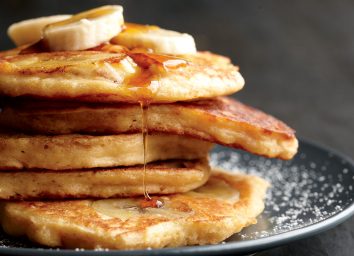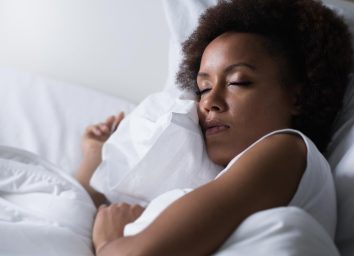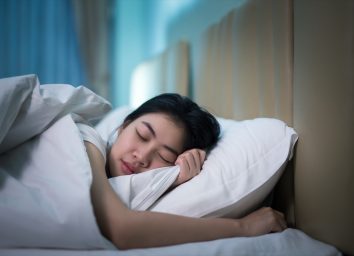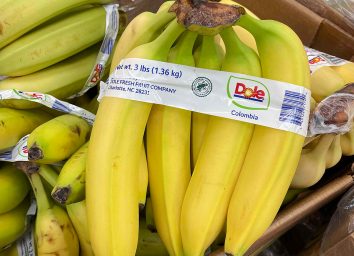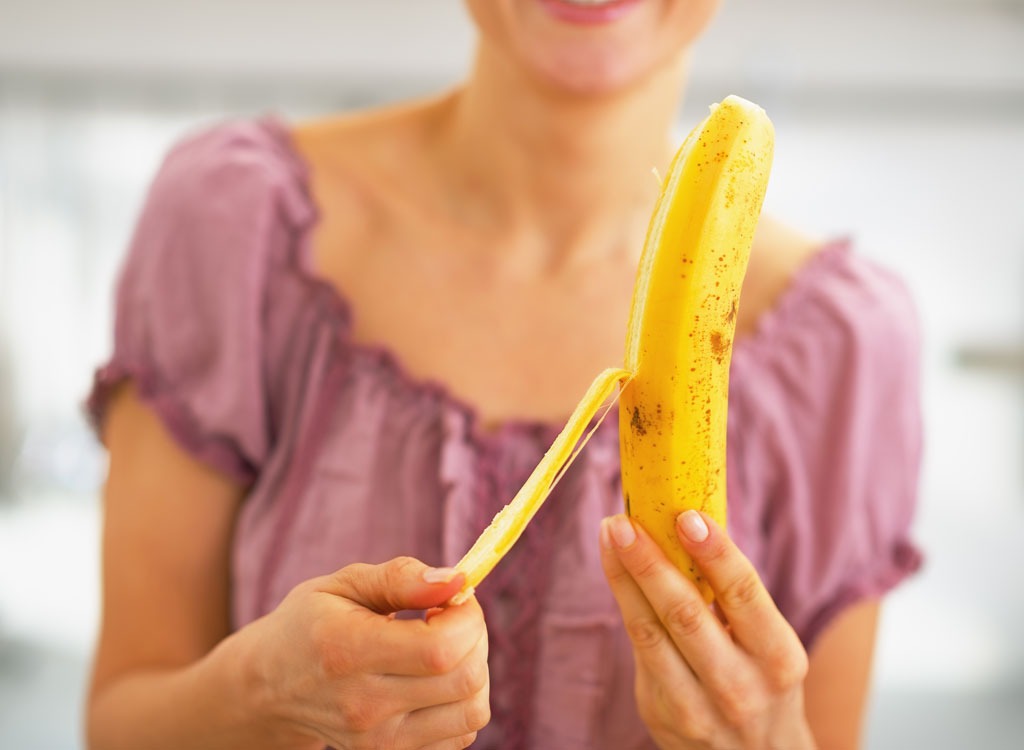
When is the best time to eat bananas?
While many athletes swear that they're the perfect pre-workout fuel, daylight isn't actually the best time to eat bananas. In fact, if you need help catching those Zzz's, indulging in a banana before bedtime just may be insomnia's sweetest antidote. How so? Consider our breakdown on the tropical fruit's sleep-boosting powers below.
Bananas 'Tryp' Your Sleep Switch
The yellow fruit contains tryptophan, an essential amino acid (meaning, your body cannot produce it, so it must be acquired from food) that helps your body produce serotonin—a neurotransmitter that helps regulate sleep.
"Serotonin may be the most important brain chemical because [it] is a natural anti-depressant and can treat anxiety and insomnia, as well as other mood issues such as fatigue, irritability, agitation, anger, and aggression," explains Cassie Bjork, RD, LD of Healthy Simple Life.
Bananas Contain Mind-Soothing Melatonin
Tryptophan isn't the only reason bananas will help you rest easy in the bedroom. A 2012 study published in the Journal of Pineal Research suggests that consuming melatonin-containing bananas correlates to an increase in serum melatonin, the hormone that controls your sleep-wake cycle. Researchers discovered that consuming banana juice extract—which was the equivalent of two peeled bananas—increased serum melatonin levels by nearly 4.5 times more than going without. Additionally, the highest melatonin levels were observed two hours after noshing.
Bananas Are Full of Muscle-Relaxing Minerals
Nanners contain muscle-relaxing potassium and magnesium that'll help you feel less tense and, consequently, may finally put you to sleep. Another sweet perk: magnesium helps your body burn fat, as does solid slumber. In fact, a study published in the European Journal of Clinical Nutrition found that sleep-deprived people eat an average of 385 more calories per day than those who are well-rested. "Our results highlight sleep as a potential third factor, in addition to diet and exercise, to target weight gain more effectively," writes Haya Al Khatib, the study's lead author and PhD candidate at King's College London. It seems like science agrees that hitting the sack a bit earlier can help mitigate midnight cravings.
Oh, and having a banana-break before bedtime.
